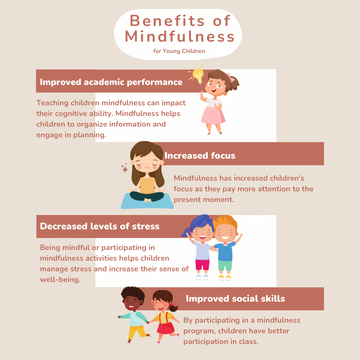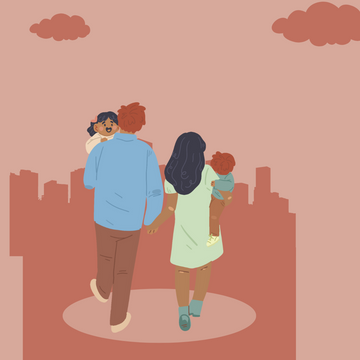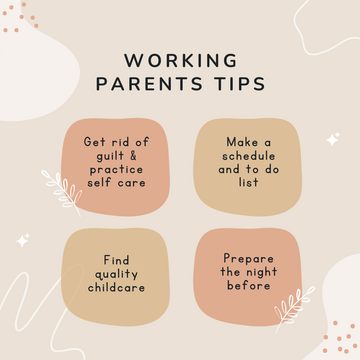In recent years, mindfulness has transcended the realm of adult self-care and entered classrooms and playrooms, proving to be an invaluable tool for young children. By integrating mindfulness practices into their daily routines, children as young as three can reap substantial benefits that affect not only their academic performance but their overall well-being and cognitive abilities. Here’s a closer look at how mindfulness can enrich the lives of our youngest learners.
Enhancing Cognitive Abilities
Mindfulness, at its core, is the practice of paying full attention to the present moment with interest, curiosity, and non-judgment. When children learn to be mindful, they develop key cognitive capabilities crucial for academic success. Mindfulness encourages children to organize information effectively and engage in strategic planning. This enhanced organization and planning are not just about sorting their toys effectively; they extend to tackling school projects, managing their time, and navigating new learning challenges. The practice of mindfulness trains young brains to be more adaptable and controlled, setting a solid foundation for lifelong learning.
Boosting Focus and Attention
One of the most immediate benefits of mindfulness noticed by educators and parents is the increase in children’s ability to focus. In an age where distractions are the norm and attention spans are challenged by fast-paced digital media, mindfulness offers a return to the singular task and moment. This enhanced focus is particularly beneficial in educational settings, where a higher degree of concentration leads to improved comprehension and retention of information. Children trained in mindfulness are more likely to excel in their academic pursuits simply because they are better at paying attention during lessons and while doing homework.
Managing Stress and Enhancing Well-being
The early years of a child’s life are formative in developing how they cope with stress in the future. Mindfulness equips children with the tools to manage stress in a healthy way. Through mindfulness exercises like deep breathing, guided imagery, or even mindful colouring, children learn how to calm their minds and reduce anxiety. These practices teach children that they have control over their internal responses to external circumstances, which enhances their sense of security and well-being. This is especially beneficial in today’s fast-paced world, where stress and anxiety can significantly impact mental health.
Improving Classroom Participation
When children participate in mindfulness programs, their engagement in the classroom increases. A mindful child is typically more patient, more attentive, and better able to process and respond to educational material. Furthermore, mindfulness helps in developing empathy and better social interactions, which are crucial for a harmonious classroom environment. Teachers often report that mindfulness activities lead to a more cohesive class dynamic, with students displaying improved respect for peers and a more enthusiastic participation in learning activities.
How to Incorporate Mindfulness into Your Child’s Routine
Introducing mindfulness to children can be simple and does not require extensive sessions. Here are a few tips to get started:
- Begin with Breathing: Teach children to pay attention to their breathing, helping them to slow down and notice how their chest or belly rises and falls with each breath.
- Practice Mindful Listening: Encourage children to listen to the sounds around them — perhaps closing their eyes for a minute to identify as many sounds as they can.
- Mindful Eating: Engage them during meals to focus on the taste, texture, and smell of their food, which can improve their eating habits and enhance their sensory experiences.
- Short Meditations: Use short guided meditations designed for children, available in numerous apps and online platforms, tailored to be engaging and age-appropriate.
Incorporating mindfulness into the lives of young children can transform their approach to learning and interacting with the world. As mindfulness becomes a regular practice, children not only improve in their academic environments but also grow into well-rounded individuals capable of facing the complexities of life with resilience and poise. Embracing mindfulness is indeed a gift that parents and educators can provide to nurture the leaders of tomorrow.





